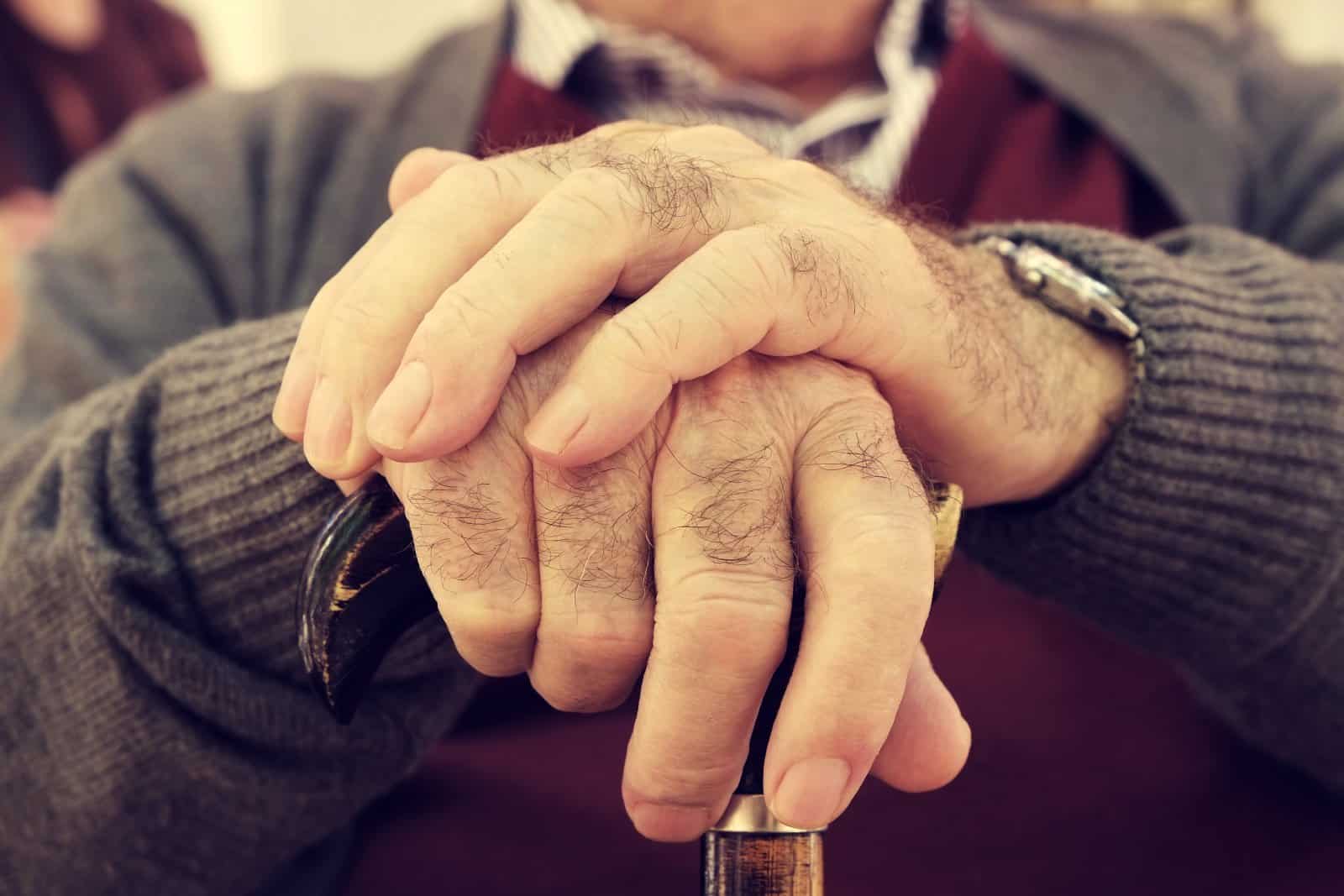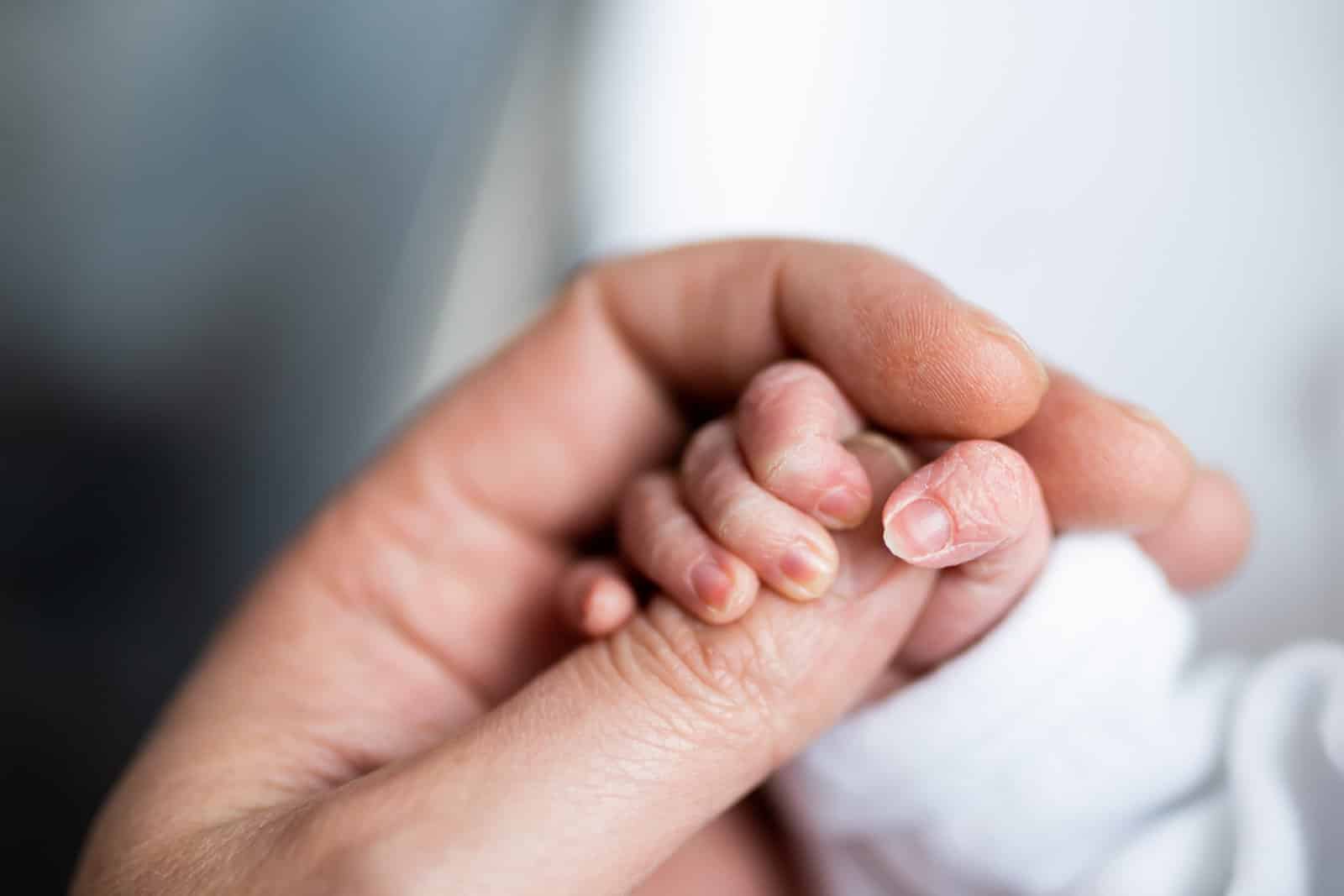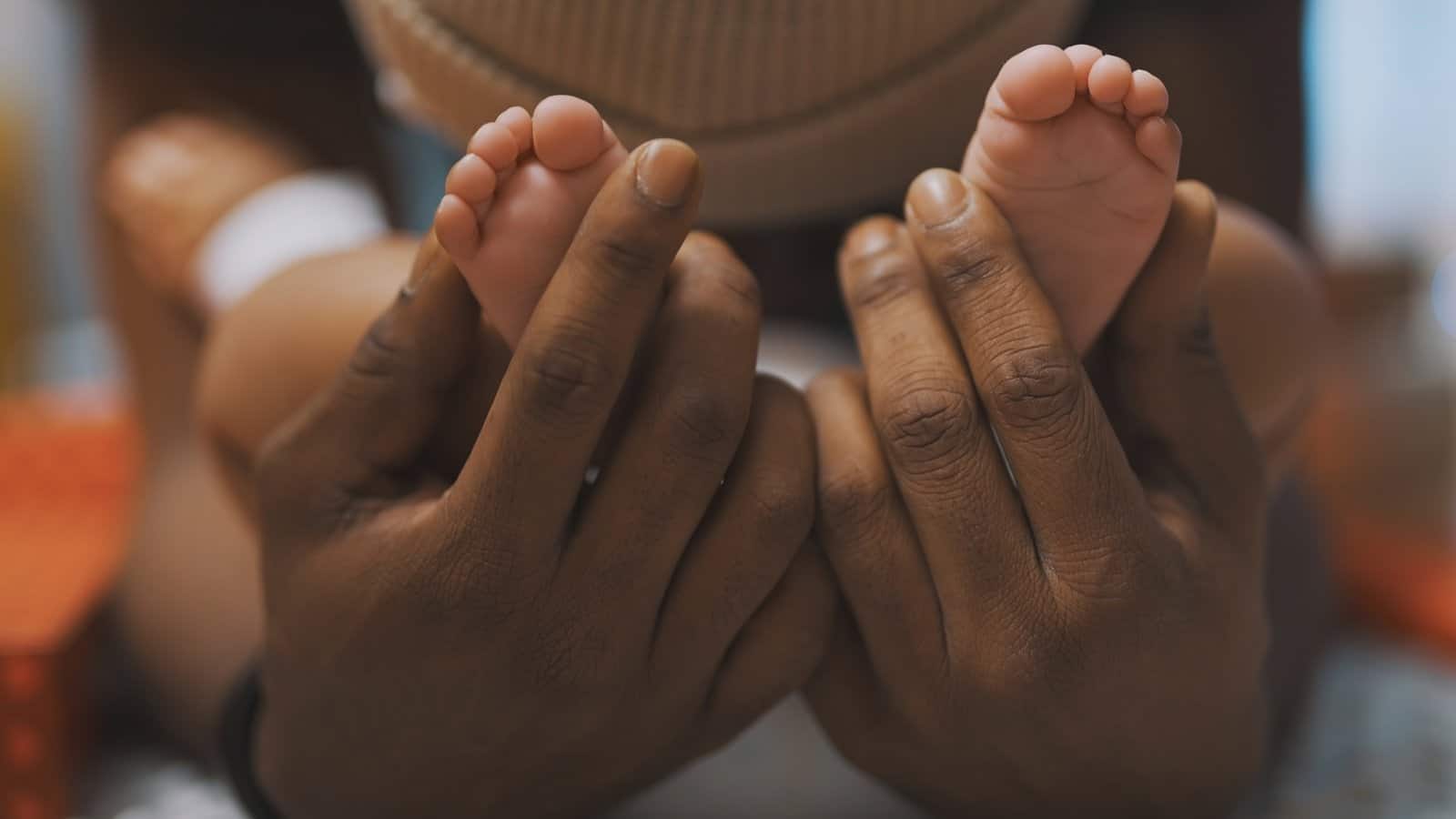Recent studies have been focusing on a potential link between wealth and life expectancy, revealing a troubling reality about the wealth gap in the U.S.
Wealth and Life Expectancy Disparities

Scientists revealed that addressing wealth inequality in the U.S. could improve the average American’s life expectancy.
U.S. Lagging in Life Expectancy

The U.S. life expectancy is much lower when compared to other countries, although it pays much more money and attention to health care among its civilians.
Increasing Wealth Inequalities

As well as a troublingly low life expectancy, wealth inequalities in the U.S. are on the rise, with the top 10% of the richest Americans holding most of the country’s wealth.
Study Shows Troubling Gap

A study published in the Journal of the American Medical Association argued that the richest 1% of American men lived an average of 14.6 years longer than the poorest 1%.
10-Year Difference for Women

For women, the average life expectancy of the richest 1% compared with the poorest 1% is also a troubling difference of 10.1 years.
The Wealthier, The Better

During a different study at the Massachusetts General Hospital, Md Katheryn Himmelstein found that “Americans’ life expectancy varied greatly with wealth.”
Positive Impact of Baby Bonds

The study used a hypothetical situation where every U.S. newborn receives a $1000 deposit, with additional yearly deposits based on household income.
Impact of Wealth on Longevity

Himmelstein found that increased longevity starts with building a strong financial foundation, arguing that 2.2 years could be added to an individual’s life.
Shared Wealth

As a result, Himmelstein argued that American policies that “distribute wealth more equally could allow all Americans to live longer lives.”
Stark Differences in Longevity

The study examined over 35,000 participants aged 50 and above, revealing a striking 13.5-year gap in life expectancy based on wealth.
Closing the Mortality Gap

The simulation proposed that such wealth redistribution could close the mortality gap between the U.S. and other wealthy nations.
Modest Redistribution Proposals

Even modest wealth redistribution proposals, such as the concept of “baby bonds,” show a significant improvement in the average life expectancy for Americans.
Baby Bonds Increase Life Expectancy

“We found that baby bonds could increase overall American life expectancy at midlife by one year and could increase longevity for the poorest Americans by 6.4 years,” revealed Himmelstein.
Racial Disparities in Wealth

Racial wealth gaps contribute to the issue, with significant differences in earnings between white, Latine, and Black families.
Baby Bonds Affect on Race Wealth

The study found that “White Americans would gain 1.7 years of life expectancy at midlife, while Black Americans would gain four years.”
Aligning with Previous Studies

The study aligned with prior research that showed the positive impact that an individual’s wealth has on their life expectancy, impacting both heart issues and overall well-being.
Findings Support Hypothesis

“Our findings are concordant with prior studies that showed that wealth is associated with better health,” the study writes.
Region-to-Region Analysis

When looking at the country’s poorest regions compared to the country’s wealthiest parts, a study found a longevity difference of 20 years.
Largest Inequality In 40 Years

This average life expectancy disparity from place to place displays the largest difference in over four decades in the United States.
More From Frugal to Free…
U.S. Budget Breakthrough: A Huge Step Forward Amidst Looming Shutdown Threat
Will Easing Inflation in America Continue?
The post Solving the Wealth Gap Isn’t Just About Money—It Could Literally Add Years to American Lives first appeared on From Frugal to Free.
Featured Image Credit: Shutterstock / Mladen Zivkovic.
The content of this article is for informational purposes only and does not constitute or replace professional financial advice.
